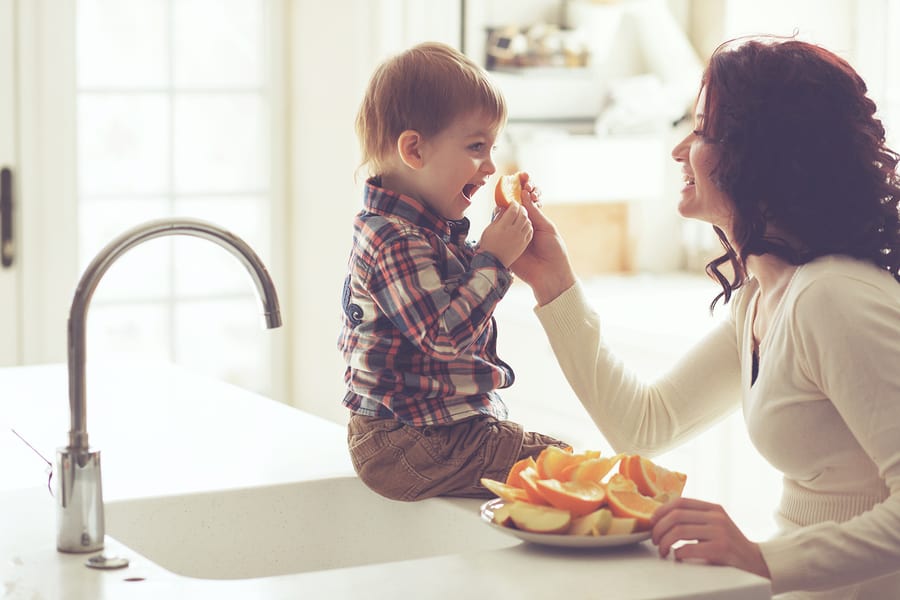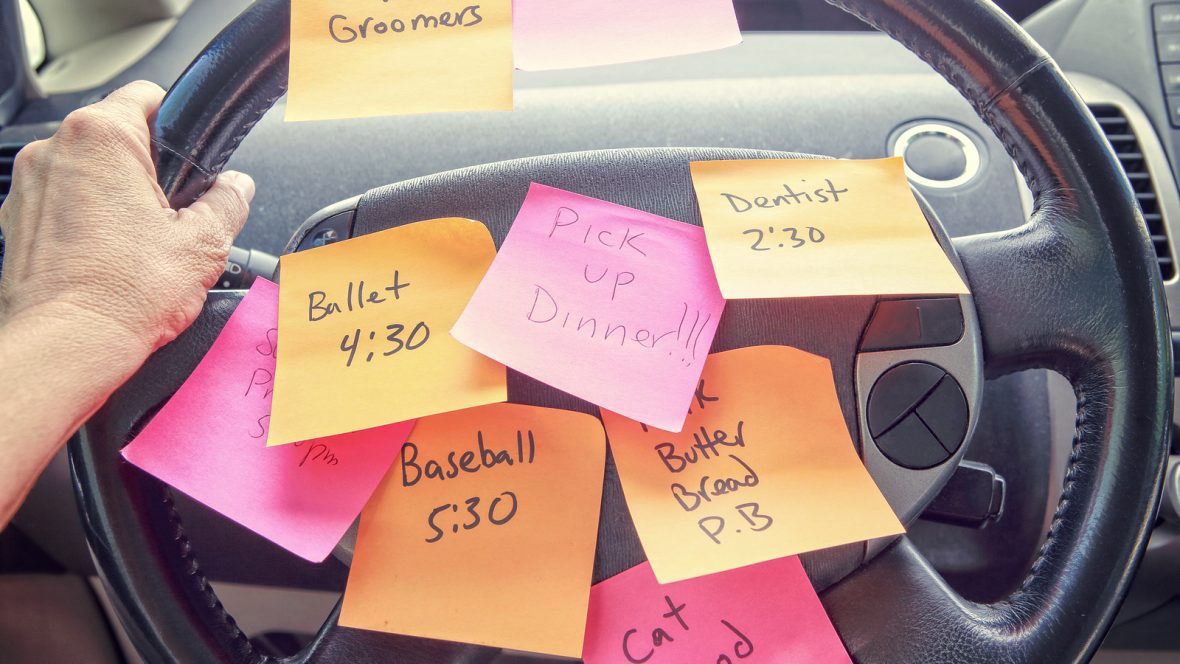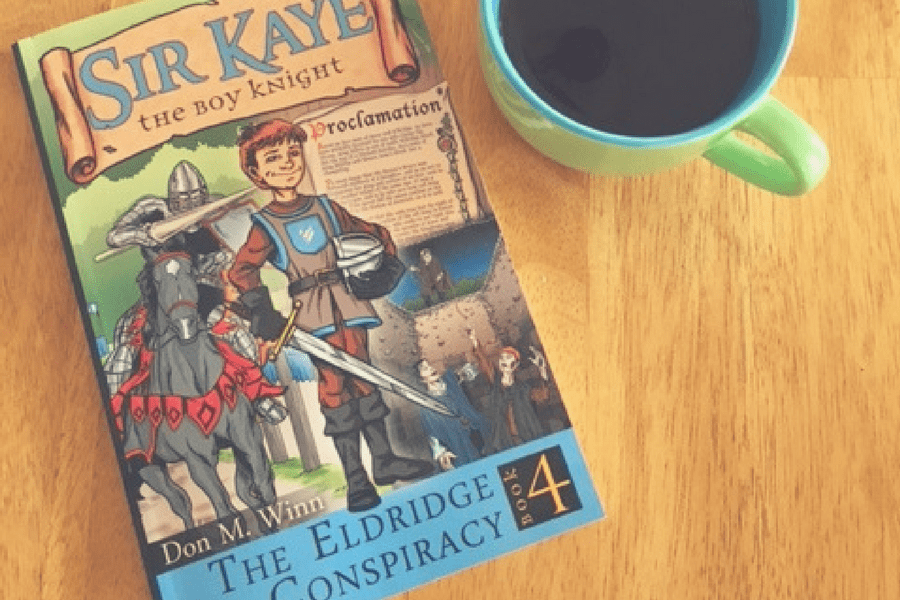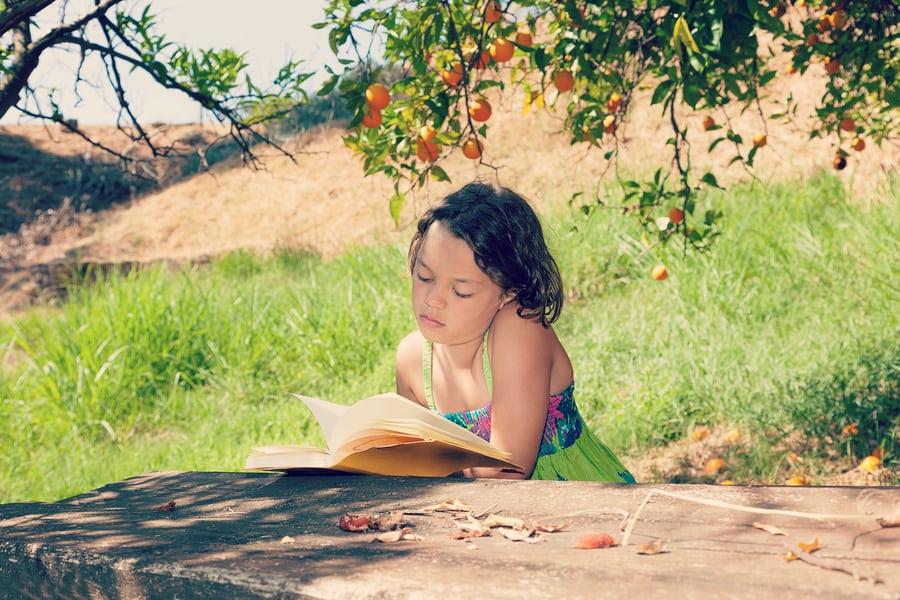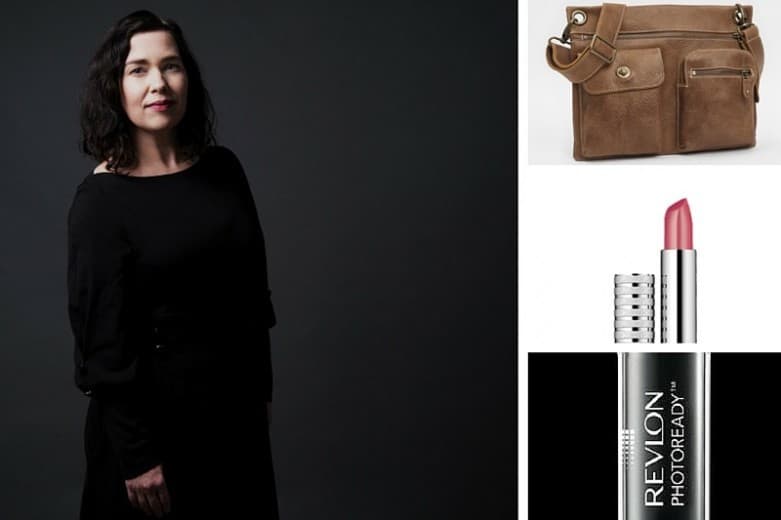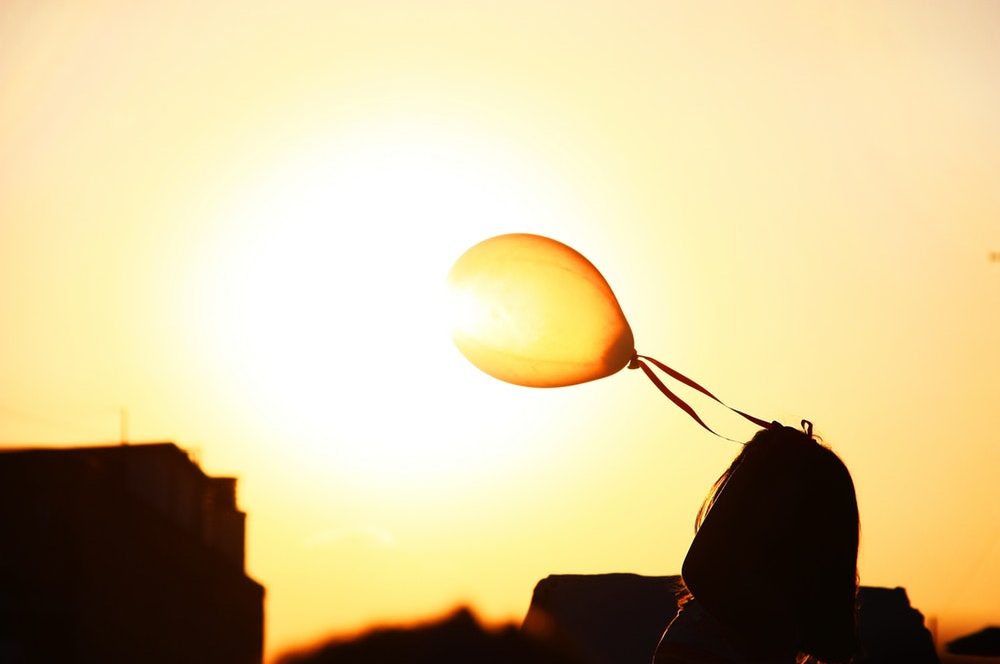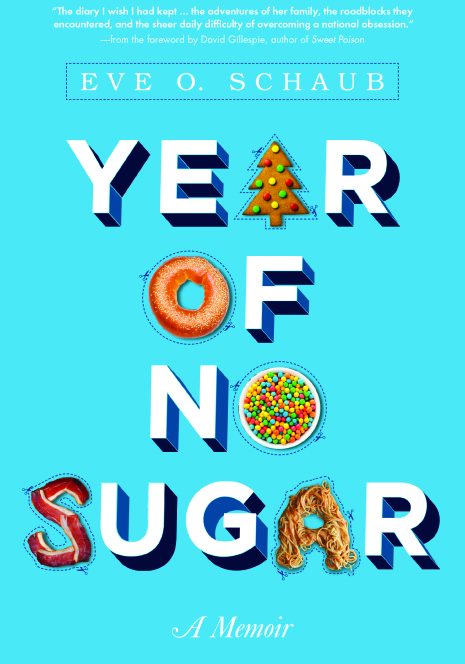The school library, the one period of the day or week when you didn’t have to worry about “work”, because being in the library doesn’t feel like “work” because you’re surrounded by books. School libraries full of books can instill a love of travel. They can teach about social injustice. You can learn about exciting people who live amazing lives.
I don’t remember a time when I had a good relationship with food. Even when I was little, I remember being embarrassed by the fact that I was hungry and liked foods other kids turned their noses up at, spinach et al.
When my now threenager had just turned one and was starting to really get into food, I made an appointment for us to see a child nutritionist. “Is he a picky eater?” she asked in her office. “Oh, he’s eating perfectly,” I told her. “He eats avocado and salmon, eggs….you name it, all the good stuff.” I paused to answer the question on her lips. “We’re here because I have never had a good relationship with food. I know that the implications of this have been far reaching in my life—and I want to know what I need to do to make sure it doesn’t happen to him.” I realized then that nutritionists aren’t into psychological counseling and that I needed to learn my own coping mechanisms that I could implement into my life and pass on to my child.
As a parent coach, I spend a lot of time with moms. More often than not, there is one common thread: She is overwhelmed, exhausted and feels locked into certain patterns with her kids.
Does this sound familiar to you?
It’s a very common story but it doesn’t have to be this way…
Have you ever had this interior monologue?
How can it be Sunday night already? Where did the weekend go? I’m so tired. I’ve got so much to do before I get to bed. Every Sunday night is the same and every Monday morning I feel like I’m starting off on the wrong foot.
Superheroes are fun role models for children. Little ones can dress up and pretend they have special powers. As parents, many of us promote different character traits a superhero has to help our kids become stronger in character. There are so many books and shows where the fictional characters have special abilities.
Then children grow older and start to become miniature adults as they are faced with all kinds of social and interpersonal situations that special powers can’t fix.
Who becomes the role model then?
On July 21, 2007 hundreds of thousands of addicts around the world raced to the bookstore to pick up the last book in the Harry Potter series, I among them. With the treasure safely in my clutches, I practically flew home like a seeker in a Quidditch match and did not leave again until I’d read every last word.
Harry Potter books were themselves magic. There were 7 books in the series and each one launched us deep into a world where vibrant notions of darkness and light came vividly to life. And each time, you turned the last page and wanted more. We’d all resigned to the end, however. We were promised seven and we took mournful leave of the Harry’s story and waited for the films to come out.
And then, nine years later, there were rumblings. Harry was back.
Spring is here, and with it the almost audible hum of energy that comes from children who have been cooped up inside too long. We all know the importance of limiting screen time, but did you know that letting a child experience nature can help alleviate anxiety, depression and attention disorders? The lure of laptops and tablets can make it hard to sell today’s children on the great outdoors. Sometimes they need a little help stimulating their imaginations. Here are seven books to do just that.
The bag: a Roots satchel that I bought to take abroad because it has a special padded pocket for an iPad and looked like something I could imagine Kate Moss wearing with skinny jeans. Technically I think it’s a ‘murse’ (I found it on the mens’ side of the local Roots store) but I love the Italian-dyed leather and that it’s made in Canada. It’s super comfortable to carry too, even after hours of walking – and it does look wicked with skinny jeans.
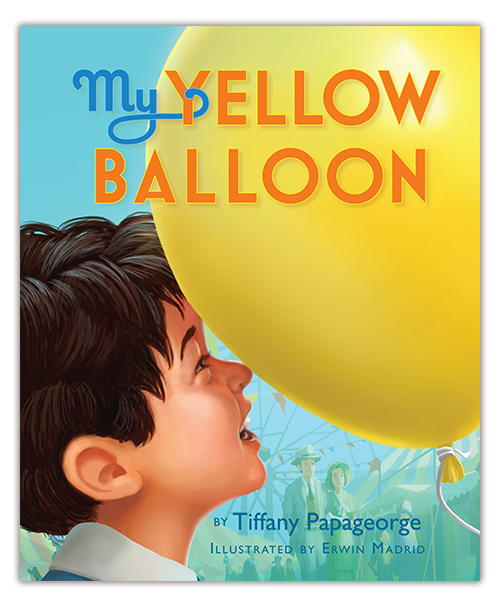 There has been a lot of crappy sadness in the news this week, month and year. It’s no secret that our children are directly or indirectly exposed to and aware of life’s most difficult occurrences, and in their true curious nature, they may have questions.
There has been a lot of crappy sadness in the news this week, month and year. It’s no secret that our children are directly or indirectly exposed to and aware of life’s most difficult occurrences, and in their true curious nature, they may have questions.
Whether your child has observed a loss or dealt with one of their own (death, divorce, moving away, deployment, etc.), helping them understand it all can be challenging. Tiffany Papageorge, sought-after speaker and author, addresses this difficult topic with her inspirational new picture book, My Yellow Balloon.
Breathtakingly illustrated by a Dreamworks artist, My Yellow Balloon tells the simple, powerful, and heartfelt story of a young boy who gets a yellow balloon while visiting a fair with his parents. He loves the balloon dearly until it accidentally slips from his hands. Without his yellow balloon, all of the color drains from the boy’s world, until one day when the boy sees the yellow balloon reflected in the sun and knows it will always be with him, even if it’s not in his hands anymore.
Providing comfort and clarity, My Yellow Balloon can help parents begin a difficult conversation with their children. Loss is very real, but doesn’t have to be so scary.
We also have a few pieces on helping kids deal with grief. Hug them tight.
Have you ever thought about how much sugar you consume and it’s affects on not only you, but your family?
Have you noticed that eating sugar with every meal has become the norm and that we live in a time where there is an abundance of food and yet our children are more undernourished than ever before?
Have you considered that there could be a link between high sugar foods and heart disease, obesity, stroke, diabetes, cancer and increased behaviour and emotional issues that could be associated with the enormous rise of children being diagnosed with ADHD?
I have a confession: I would rather curl up with a Young Adult novel than read more age appropriate books (i.e. books targeted for adults.) It’s true! Reading about others’ mortgage woes, loss of jobs or infidelity just gets me down. I would much rather read about adventure, possible unrequited love or a first kiss. And having spoken to quite a few of my fellow “mommies” I know that I am not alone. There is a reason why The Hunger Games series remains on the NY Times Bestselling books list week after week; despite our ages, we are all still connected to our adolescent angst.
Luckily, while searching Pinterest for back-to-school ideas, I came across a list of 25 fantastic series to read if you loved The Hunger Games.
Source: 2busybrunettes.com via Renee on Pinterest
Actually, I already have read a few of these titles prior to seeing this list and have loved them. What do you think? Are you as addicted to YA SciFi & Fantasy as I am? Have you read any of the books on this list? If so, please let us know what you thought of them.
Happy Reading!


